Who is Julian Assange and what secrets is he accused of leaking?
Assange is set to appear in the federal court in the Mariana Islands, a US commonwealth in the Western Pacific
Your support helps us to tell the story
From reproductive rights to climate change to Big Tech, The Independent is on the ground when the story is developing. Whether it's investigating the financials of Elon Musk's pro-Trump PAC or producing our latest documentary, 'The A Word', which shines a light on the American women fighting for reproductive rights, we know how important it is to parse out the facts from the messaging.
At such a critical moment in US history, we need reporters on the ground. Your donation allows us to keep sending journalists to speak to both sides of the story.
The Independent is trusted by Americans across the entire political spectrum. And unlike many other quality news outlets, we choose not to lock Americans out of our reporting and analysis with paywalls. We believe quality journalism should be available to everyone, paid for by those who can afford it.
Your support makes all the difference.After many years of legal battles and controversy, WikiLeaks founder Julian Assange is set to plead guilty as part of a plea deal with the US Justice Department.
According to the documents, he is scheduled to appear in the federal court in the Mariana Islands, a US commonwealth in the Western Pacific, on Wednesday, and will plead guilty to an Espionage Act charge of conspiring to unlawfully obtain and disseminate classified national defense information.
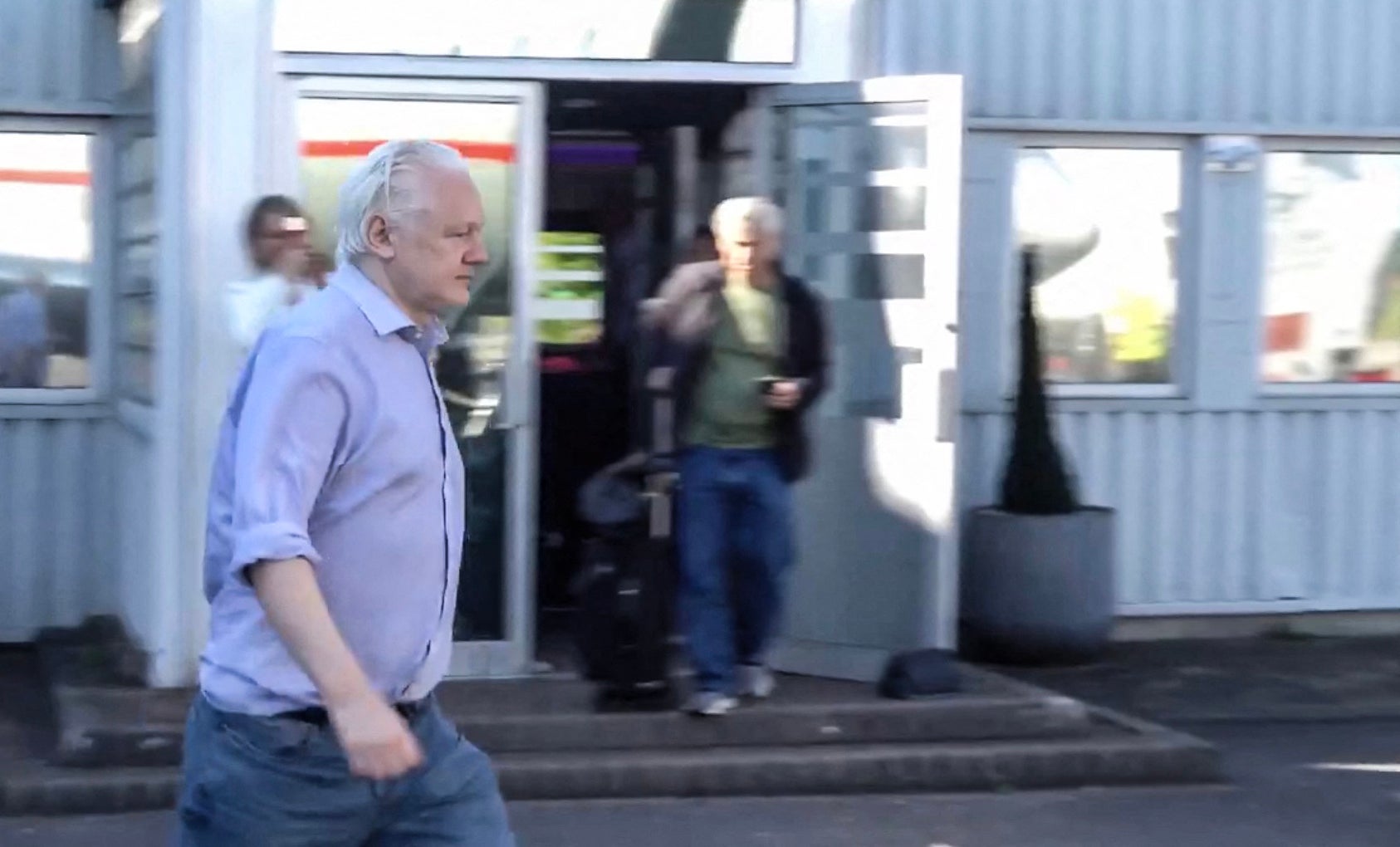
The 52-year-old Australian was catapulted into the global spotlight in 2009 after he and his site WikiLeaks were linked to one of the largest publications of classified information in American history.
Along with Chelsea Manning, a military intelligence analyst, Assange was accused of disclosing tens of thousands of activity reports about the war in Afghanistan.
The new deal will allow Assange to avoid imprisonment in the US. Prosecutors will seek a 62-month sentence – the same amount of time he has already served in the high-security prison Belmarsh, in London, while fighting extradition to the US.
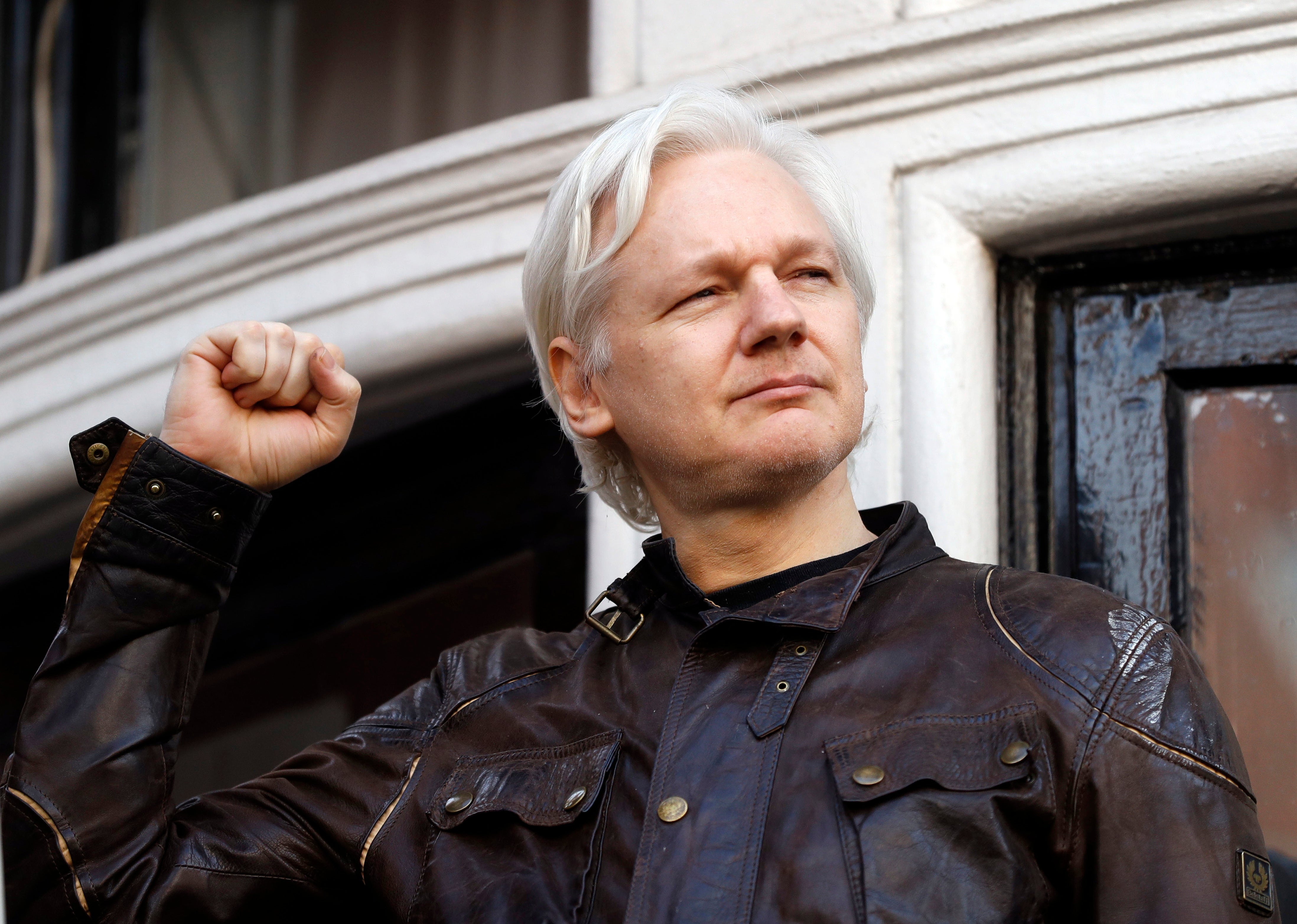
In light of the new development, The Independent takes a look back at who Assange is, how it got to this stage and what might happen next:
Who is Julian Assange?
Julian Assange was born in Townsville, Australia, and had a nomadic childhood, travelling across more than 30 towns and cities in his native country with his parents separating before he was born.
A keen student of programming and maths, he quickly gained a reputation as an astute computer programmer which led to him becoming skilled in hacking.
In 1996, he pleaded guilty to 24 hacking charges in Australia before being fined, only avoiding a prison sentence after promising not to do it again.
He went on to study at the University of Melbourne between 2003 and 2006 but did not complete a degree.
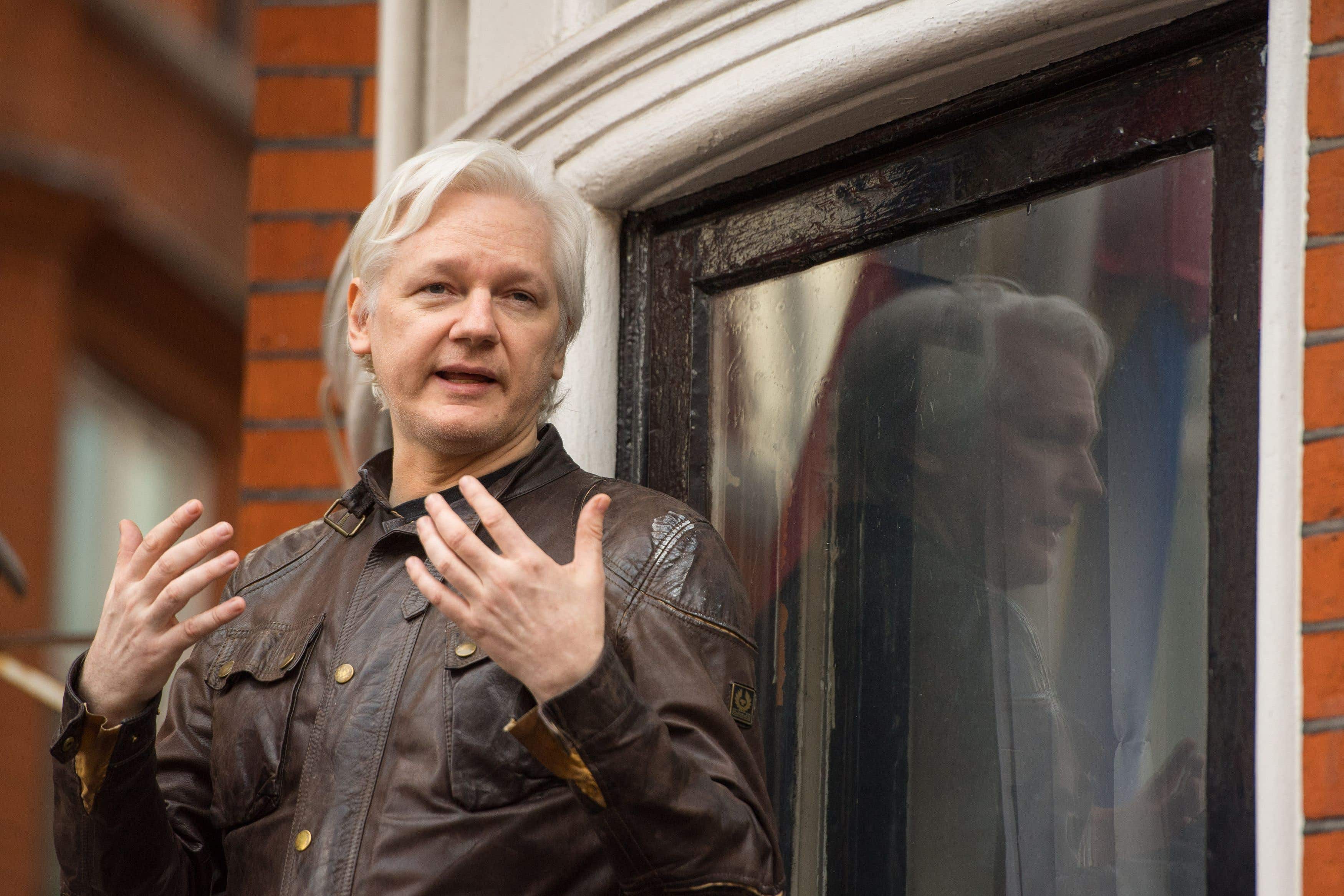
As a teenager, Assange married a woman called Teresa but the pair later separated. He is now married to Stella Assange, a lawyer who met him in 2011 when she was hired as part of his legal team.
What is WikiLeaks?
Assange founded the website WikiLeaks in 2006. Using his computing skills, he created an online platform for people to anonymously submit classified leaks such as documents and videos.
Since its birth, it has released around 10 million classified documents, including files on US military activities in the US.
It rose to prominence in April 2010 when it published a classified video showing a 2007 US helicopter attack in Iraq’s capital Baghdad that killed a dozen people, including two Reuters journalists.
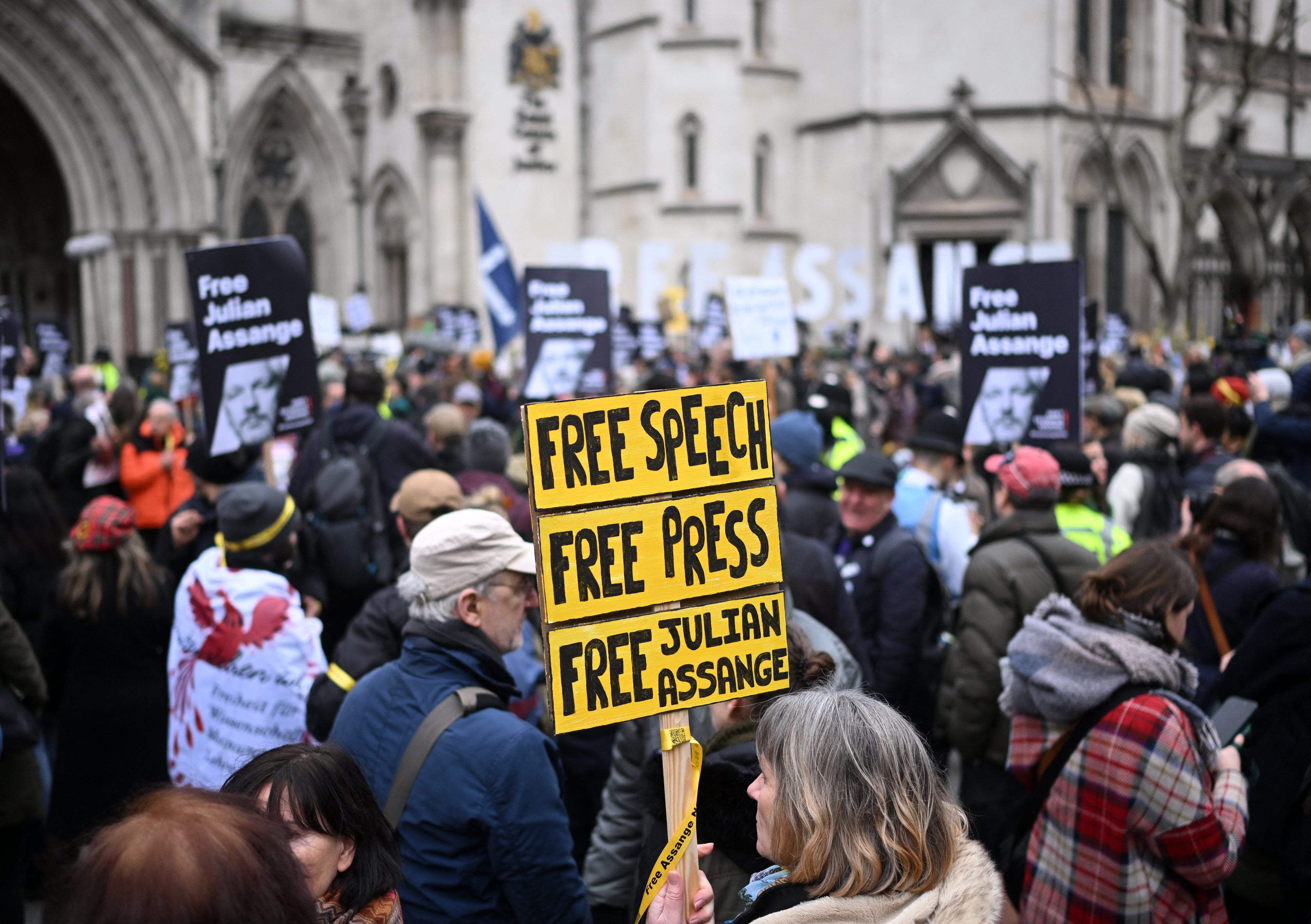
On the Afghanistan war, it’s claimed more than 90,000 classified US military documents were released and on the invasion of Iraq around 400,000 confidential US files.
The leaks, described as the largest security breaches of their kind in US military history, angered and embarrassed US politicians and military officials who claimed the disclosure put lives at risk.
But defenders of the website say it reveals unreported incidents including the killing of civilians.
What is Assange charged with by the US?
Back in 2019, the US authorities reacted to the continued publishing of documents from WikiLeaks by charging him with conspiracy to commit computer intrusion for agreeing to break a password to a classified US government computer.
In a press release issued by the US Office of Public Affairs, which can be seen here, it said the charge related to “Assange’s alleged role in one of the largest compromises of classified information in the history of the United States”.
Later in the same year, he was then charged with an 18-count indictment superseding the previous that alleged he had repeatedly sought, obtained and disseminated information that the US classified “due to the serious risk that unauthorised disclosure could harm the national security of the US”.
Following the issuing of an indictment, the US began extradition authorities to bring Assange to the US. His lawyers claim that he will face up to 175 years in jail if convicted.
What has Assange been doing up till now?
Assange has been restricted in his movements for almost 14 years.
It started when Swedish authorities issued an arrest warrant for Assange in 2010 as they investigating an allegation of rape against him while he was in the country - and asked the UK to extradite Assange.
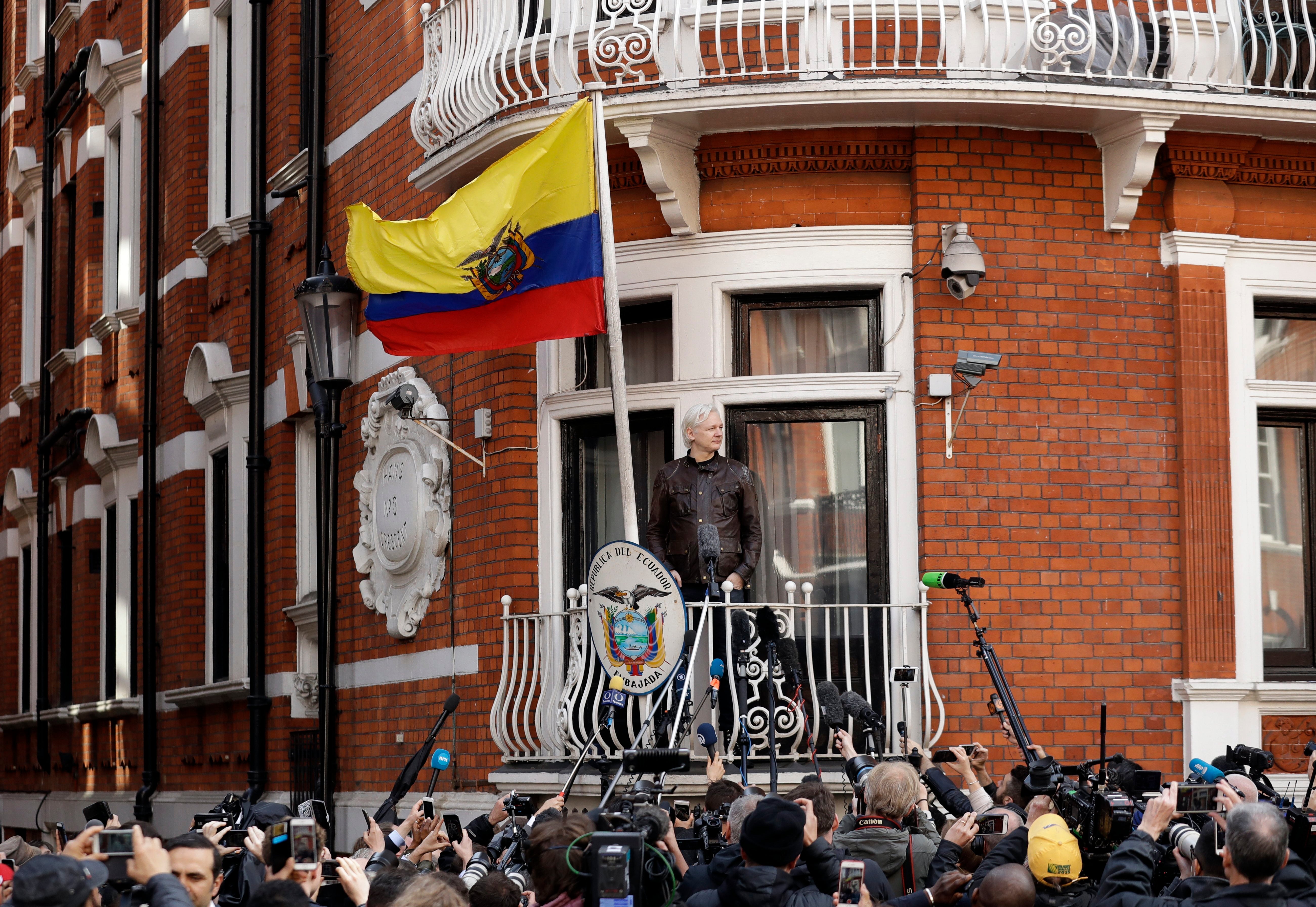
Assange was arrested by British police and after he lost an appeal against extradition he sought asylum in the Ecuadorean Embassy in London, claiming the Swedish case would lead him to being sent to the US.
Assange spent seven years in the embassy before in 2019 he was detained by police again for breaching bail conditions connected to his arrest for the Swedish case. In the same year, Swedish authorities dropped their case against Assange.
Assange was given a 50-week prison sentence - and has remained at Belmarsh prison since, fighting his extradition to the US.
His supporters claimed that during his 1901 days in Belmarsh, he spent 23 hours a day isolated in a cell that measured only two by three meters.
How has Assange prevented extradition to the US up till now?
Assange and his supporters have resisted strongly to extradition to the US - and their campaign looked to have been successful when Judge Vanessa Baraitser refused his extradition because of fears that he could take his own life in January 2021.
The decision was met with joy by his supporters, however it was to be short-lived.
In December of the same year, US authorities won an appeal at London’s High Court against the decision, after giving a package of assurances about the conditions of Assange’s detention if convicted, including a pledge he could be transferred to Australia to serve any sentence.
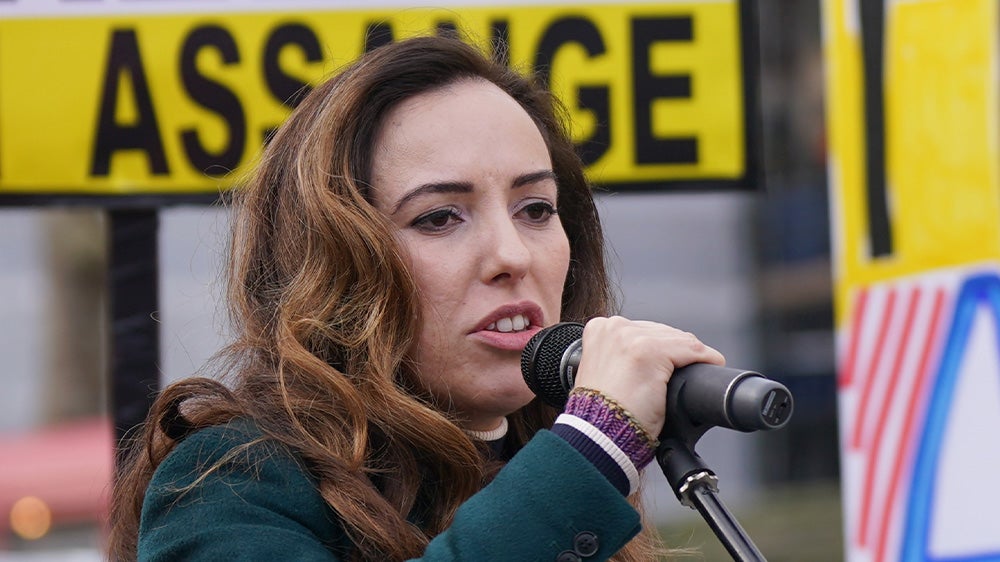
In a further blow to his supporters, in June 2022, home secretary Priti Patel approved the extradition, and last year a judge at London’s High Court turned down his request for an appeal.
A two-day hearing this week is Assange’s last chance to appeal in the UK legal process. If he succeeds, his case will go to a full appeal.
If he loses, the only remaining block to his extradition lies with the European Court of Human Rights - a move his legal team have already said they would take.
Assange’s brother, Gabriel Shipton, said he was going through an “immense amount of suffering” while being held in prison and said his health was “deteriorating”.
Who are Assange’s supporters?
Assange’s fight against US extradition has attracted wide support from around the world, including country leaders and media freedom activists, and even some celebrities.
At the protest which took place outside the Royal Courts of Justice on Tuesday morning, Assange’s wife Stella led a round of speakers which included former Labour leader Jeremy Corbyn, Tim Dawson, the deputy general secretary of the International Federation of Journalists, Labour MP for Coventry South Zarah Sultana and MP for Poplar and Limehouse, Apsana Begum.
In September 2020, 160 former and current world leaders and diplomats signed a letter demanding the UK government prevent his extradition. Support has also come from former Argentina president Alberto Fernadez and former Brazilian leader Lula Da Silva.
Rights groups such as Amnesty International, Human Rights Watch and the American Civil Liberties Union have called for his release.
What has happened with the plea deal?
The DOJ said on Monday 24 June that Assange is scheduled to appear in the federal court in the Mariana Islands, a US commonwealth in the Western Pacific, where he will plead guilty to an Espionage Act charge of conspiring to unlawfully obtain and disseminate classified national defense information.
The deal ensures that Assange will admit guilt while also sparing him from any additional prison time or imprisonment in the US.
Prosecutors will seek a 62-month sentence – the same amount of time he has already served in the high-security prison Belmarsh, in London, while fighting extradition to the US.
Last month, Assange won the right to appeal an extradition order after his lawyers argued that the US government provided “blatantly inadequate” assurances that he would have the same free speech protections as an American citizen if extradited from Britain.
News of the plea agreement comes months after President Joe Biden said he was considering a request from Australia to drop the US push to prosecute Assange.
A statement posted on X from the WikiLeaks account on June 24 read: “Julian Assange is free. He left Belmarsh maximum security prison on the morning of 24 June, after having spent 1901 days there. He was granted bail by the High Court in London and was released at Stansted airport during the afternoon, where he boarded a plane and departed the UK.
“This is the result of a global campaign that spanned grass-roots organisers, press freedom campaigners, legislators and leaders from across the political spectrum, all the way to the United Nations. This created the space for a long period of negotiations with the US Department of Justice, leading to a deal that has not yet been formally finalised.
“He will soon reunite with his wife Stella Assange, and their children, who have only known their father from behind bars.
“WikiLeaks published groundbreaking stories of government corruption and human rights abuses, holding the powerful accountable for their actions.
“As editor-in-chief, Julian paid severely for these principles, and for the people’s right to know. As he returns to Australia, we thank all who stood by us, fought for us, and remained utterly committed in the fight for his freedom. Julian’s freedom is our freedom.”
Footage also shared by WikiLeaks showed Assange boarding a jet at Stansted Airport ahead of his departure.

Join our commenting forum
Join thought-provoking conversations, follow other Independent readers and see their replies
Comments